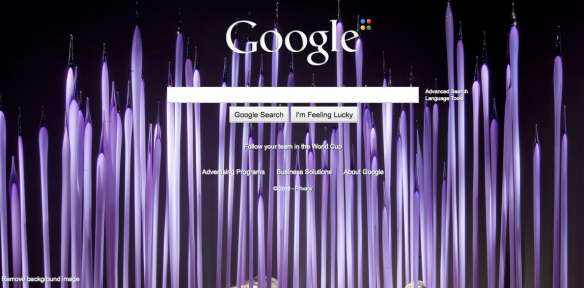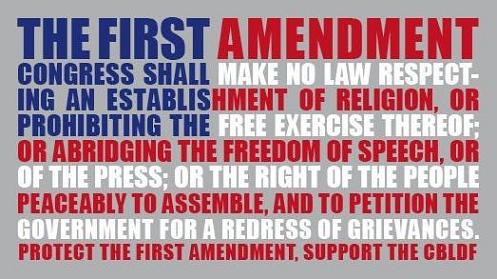
I can’t say that I was an entirely lonely high schooler, but I was rather limited in my extra curricular activities. The result of having such a strict upbringing was creating an outlet for myself via social media, which was rather dismal compared to the cooperative string of networks and applications we have now. Admittedly I relegated the bulk of my activity to BlackPlanet and dating sites with 14-day free trials, just so I could look at photos of cute boys.
But then I got to college.
Freedom!
In a sense. The option to interact with others in real life and in real time was much preferred over online social networks, chat rooms and free trials. But my connection to social networking never waned. It was an ability to comprehend the underlying structure of social interaction that held my interest. So after starting a career in clinical research, I found myself right back in the midst of social media.
Within a year I was writing and editing at Mashable, spending more time researching the regular happenings of social networks instead of enjoying them. Because of work I found myself observing social networking instead of truly experiencing it. That kind of observation can only get you so far.
So I took a break. Spent some time outside in the sun. Fed ducks at the lake. Perused antique shops. Went rollerblading (I know). And I shared very little of that with my online social networks. It was refreshing in a sense, but disconnecting in another sense. And now that I’ve begun to return to my hyper-active social media lifestyle, I fear for what I will become.
Yet there are so many forces pushing me right back towards social media.
I mean, spend a week away from Facebook. You’ll miss a lot of shared memories, in the immediate. Looking at Halloween photos a week late just seems moot after a certain threshold has been achieved, not to mention the ability for one to recount all the shared memories from friends within their proximate network is a timely and daunting task. There was a time when you had to bring extra film for your camera, take it to a developer, order double prints just in case, and hope it was worth the extra $6.95 because there was no digital preview display of your shots before you took them.
Where did we get the time to constantly check Facebook and Twitter, and consume the shared thoughts vibrating between our screens to our fingertips? How much of your daily time and thought process have you given up to flipping through albums and sharing links across the web? When does the sharing of too much knowledge (in the form of information) become a burden of social norm?
Granted, I am in no way longing for the days of 1-hour photo developing, shopping while I wait at Meijer. I couldn’t be happier about the ability to share photos on Facebook. I think it’s the easiest way to do so on the social web. And there are only a relative few that are more excited about social media’s potential than I am.
But I’m hesitant to jump back into social media full force. I fear the necessity of being glued to my phone, and carrying around my laptop more often. I fear the lack of social awareness I will have due to further decreased social network activity. I fear the disconnect. Either way.
Above all, I fear what this all means for us as a culture. Will our children have different pressures to face in high school? Will they grow up fully aware of social networking ramifications, or is it something that doesn’t really hit any of us until we’re well into our twenties? And now that social networking has become almost fully de-anonymized, will real life wall flowers be encouraged out of their shells thanks to Facebook, or further coaxed in?
So after hours of careful fear-pondering, I realized that I just don’t care. If I miss the last album you uploaded on Facebook, I’m sorry. Show it to me from your phone the next time we hang out. And if I miss a day of intense Twitter-chatting, so be it. We can catch up on all the important stuff when we talk on the phone. Real talk. On the phone.
And all that concern about the social ramifications therein? Social networks still represent an undeniable aspect of human nature, so I consider this all a part of our behavioral evolution. My lesson learned? Be brave enough to balance both worlds.




 First amendment rights is a topic near and dear to many people, and this is reiterated to me every time I find myself mentioning the topic in a blog. For teens and young adults in particular, the topic has been an area of interest, and I’m so glad to know that high school and college students are taking the topic seriously.
First amendment rights is a topic near and dear to many people, and this is reiterated to me every time I find myself mentioning the topic in a blog. For teens and young adults in particular, the topic has been an area of interest, and I’m so glad to know that high school and college students are taking the topic seriously. 




